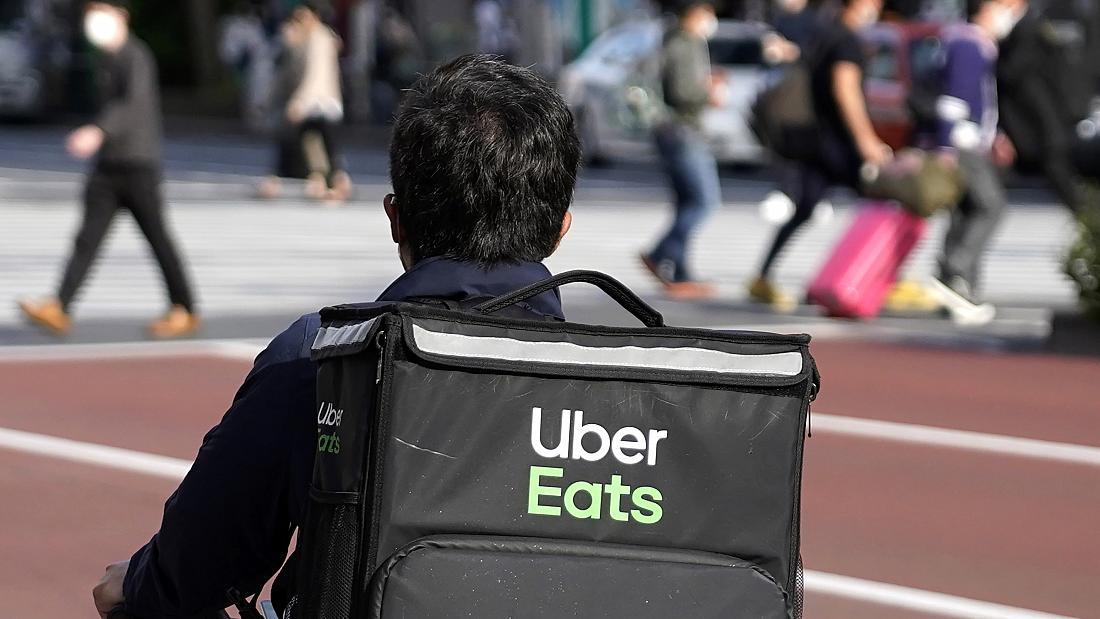Uber Eats delivery riders are doing 'quests' for more cash. But do they put more than money at risk?

For many gig workers in the food delivery industry, these kinds of challenges are part of the job, with some companies offering bonus pay for completing the tasks on offer. But a court case in Japan has raised questions over a system that can incentivise workers to do more and go faster after a fatal accident in the Japanese capital.
In April last year, a bike courier working for Uber Eats allegedly collided with a 78-year-old man, killing him. At the time of the accident, the courier was in the middle of a "quest" - Uber Eats' term for its system of delivery challenges.
The 28-year-old man told the court, "I thought I'd keep going till I reached the point where I could receive a reward," Japanese media reported. According to a 2021 report on Uber Eats in Japan, couriers working for the delivery service can earn a bonus of about 3,500 yen (€27) for making 30 deliveries, and up to 17,000 yen (€131) for making 90 deliveries in four days.
"It is undeniable that the Uber Eats system caused the accident, and I think this case raises the alarm about a system that prioritises profit over safety," Niwa added. Niels van Doorn, an assistant professor at the University of Amsterdam and lead researcher of a project investigating platform labour told Euronews Next that quests and similar incentive programmes can be a way for companies to keep their freelance riders working longer.
"They offer gamified incentives like quests in order to keep their riders - who are freelancers and technically able to log in and out at any time, while being free to reject orders - logged into the app for as long as possible and to have them accept every order that comes their way," van Doorn said via email.
The financial incentives on offer can make delivering for gig work platforms like Uber Eats a high-stakes game where a big payout is far from certain, van Doorn said. "When you're on a quest, you're in it to win it: you are less likely to scrutinise the payout/distance ratio and will just accept the incoming order because completing it brings you closer to your target," he said.
Meanwhile, because the individual orders you accept may have lower payouts, you may eventually pay the bonus out of your own pocket - at least in part".
